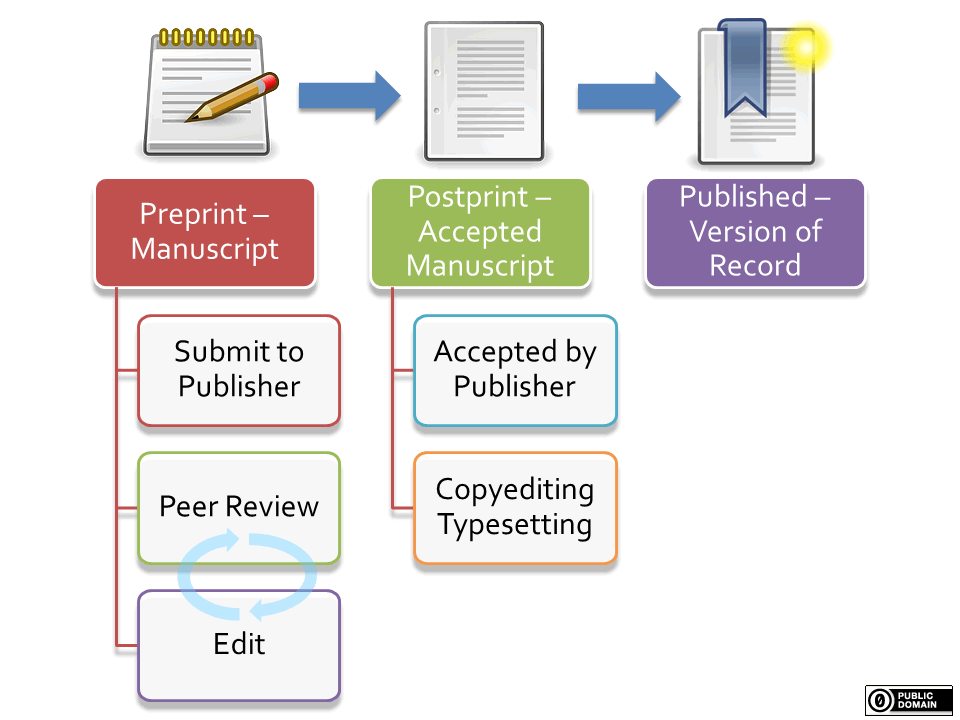

Wintec Research Archive
The Wintec Research Archive is an archive that showcases the exceptional Research, Rangahau & Ranga'au done here at Wintec by Wintec staff and Researchers.
The record requirements are strict as they are subject to audit. External evidence to back up and confirm that the research has taken place as stated is required. Metadata must be filled out whether they are hidden or viewable. See examples below of types of acceptable research output and the evidence required for each one. Confidential reports are covered in this document.
For those who would like further information or help with their archiving please book a session with your Liaison Librarian.
Please contact your Liaison Librarian with any questions about the Research Archive or send a meeting request to go through to add an archive together.
For any other questions please contact

Publishers have particular rules about which formats of journal articles are allowed to be published in research repositories. There are some that will allow you to publish the published version, but many ask that you upload the accepted manuscript, after it has been peer reviewed, but before it has been formatted for publication. Some are more restrictive and might only let you upload a preprint.

You can find out this information by searching for the journal title in SHERPA RoMEO to find what the publisher's policy is.
These images were created by the University of Canterbury Library and licensed under Public Domain. They've also given us permission to freely reuse the images.
(Image: Wintec archives by Wintec)
Many different records and types of outputs are submitted into the Archive, but not all records need to be public - some are only applicable for internal use, or just for you and your manager to see. The figure above shows a few different types of outputs that may be either public or private, depending on the nature of the output. If in doubt, please do contact me or put a note with the record when you submit it. Just put the word 'Live' or 'retired' in brackets next to the title.
In Research Archive terminology:
Live / Light Archives / Te Pūkenga / Wintec Research Archive: Any output you want to showcase and make searchable on Google and database search engines. Records can be embargoed as well if necessary.
Retired / Dark Archives / ROMs: Research Contributions for your PBRF portfolio etc - This type of output is recorded on your ROMs account.
Wintec recently became a founding member of the ORCID New Zealand consortium.
ORCID® (Open Researcher and Contributor ID) is an open source, not for profit organisation and connects over 2.6 million researchers with funders, research organisations and publishers in 39 countries. By assigning researchers a unique digital identifier, it solves the problem of name ambiguity and provides reliable authentication. A growing international community of researchers, publishers, funders and academic societies are integrating ORCID into their workflows.
MBIE: ORCID Joint Statement of Principle
Tertiary Education Commission, Health Research Council, MBIE, Royal Society NZ and other signatories have issued a Joint Statement of Principle: Adoption and use of ORCID identifiers in New Zealand.
Benefits of ORCID to Researchers
For further details please contact research@wintec.ac.nz
Wintec's collected archive of research works.
Note. From "Using reference management tools to enhance your research output" [video], by LibraryNUIM, 2021, December 4. YouTube. (https://youtu.be/9PHZ7ET07bQ). Copyright 2021 by LibraryNUIM.
Note. From "Lost your ORCID credentials? We can help!" [video], by ORCID: Connecting Research and Researchers, 2021, June 24. YouTube. (https://youtu.be/sRNf4LMy6nc). Copyright 2021 by ORCID: Connecting Research and Researchers.
Note. From "A quick tour of the ORCID record" [video], by ORCID: Connecting Research and Researchers, 2021, June 24. YouTube. (https://youtu.be/00kaokX2n3I). Copyright 2021 by ORCID: Connecting Research and Researchers.
Under YouTube’s terms of use, it is permissible to embed videos into a third party platform because it still links to the original video and statistical data is traced back to person or group that uploaded the video.
You Tube's Terms and Conditions:
You also grant each other user of the Service a worldwide, non-exclusive, royalty-free license to access your Content through the Service, and to use that Content, including to reproduce, distribute, prepare derivative works, display, and perform it, only as enabled by a feature of the Service (such as video playback or embeds). For clarity, this license does not grant any rights or permissions for a user to make use of your Content independent of the Service. (YouTube, 2022)